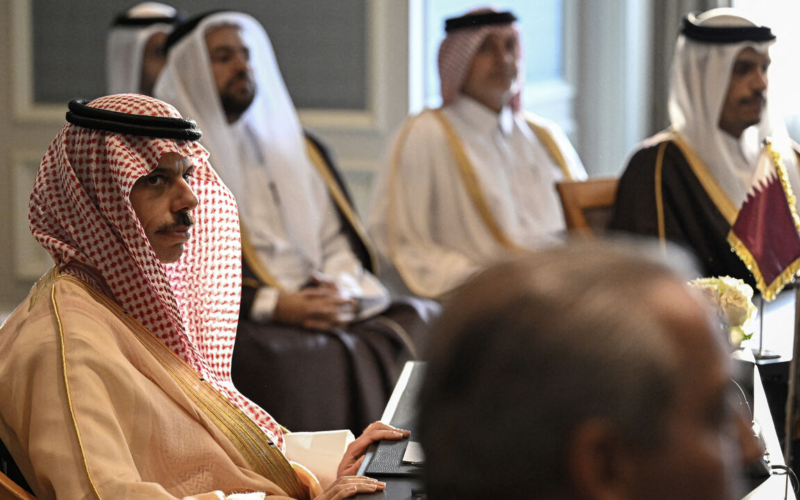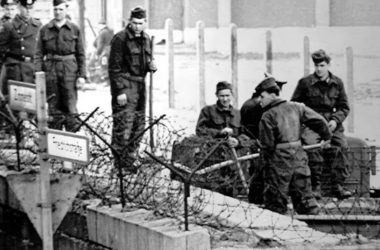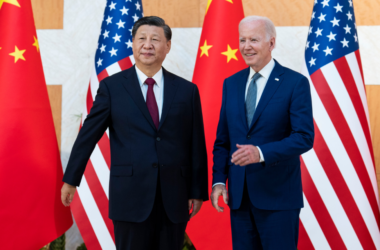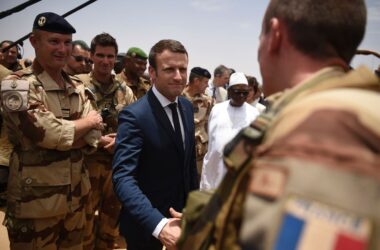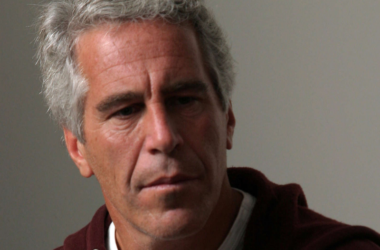As tensions between Israel and Iran continue to escalate, a surge in diplomatic efforts is underway to prevent the situation from spiraling into a broader regional conflict. The ongoing war in Gaza has already raised alarm, but the recent assassination of senior Hamas leader Ismail Haniyeh in Tehran has intensified fears of a more expansive confrontation across the Middle East.
Haniyeh’s assassination, which both Iran and Hamas have attributed to Israel, has provoked outrage and vows of retaliation from Iran and its allied militias. This development has heightened the sense of urgency among Arab and American officials who are scrambling to contain the conflict before it spreads further.
In response to these escalating tensions, U.S. President Joe Biden convened his national security team to assess the situation and consider the implications for regional stability. Biden’s diplomatic outreach included a call with King Abdullah II of Jordan, whose country plays a pivotal role in intercepting Iranian missiles and drones during past exchanges between Iran and Israel.
Further highlighting the gravity of the situation, foreign ministers from Islamic countries are scheduled to meet in Saudi Arabia on Wednesday. The meeting, organized by the Organization of Islamic Cooperation, was requested by Iran and will focus on addressing what the organization described as “the continued crimes of the Israeli occupation against the Palestinian people,” including the assassination of Haniyeh.
The assassination has also started to shift regional dynamics, with Gulf governments like the United Arab Emirates expressing condolences to Haniyeh’s family—a surprising move given their historically adversarial stance toward Hamas. This shift indicates a growing unease among Gulf states about the potential fallout from the ongoing violence and a desire to de-escalate the situation to protect their own security interests.
Saudi Arabia, which re-established relations with Iran last year in an effort to reduce regional tensions, could play a critical role in shaping the outcome of the upcoming meeting in Jeddah. If the meeting results in a unified statement condemning Israel, it could signal a significant shift in regional alliances and strategies.
As Israel’s Prime Minister Benjamin Netanyahu continues to frame the conflict as a “multi-front war against Iran’s axis of evil,” the potential for retaliation remains high. However, the growing diplomatic efforts and calls for dialogue from regional powers like the UAE and Saudi Arabia may offer a path to de-escalation, emphasizing the need for justice, wisdom, and dialogue over further violence.




